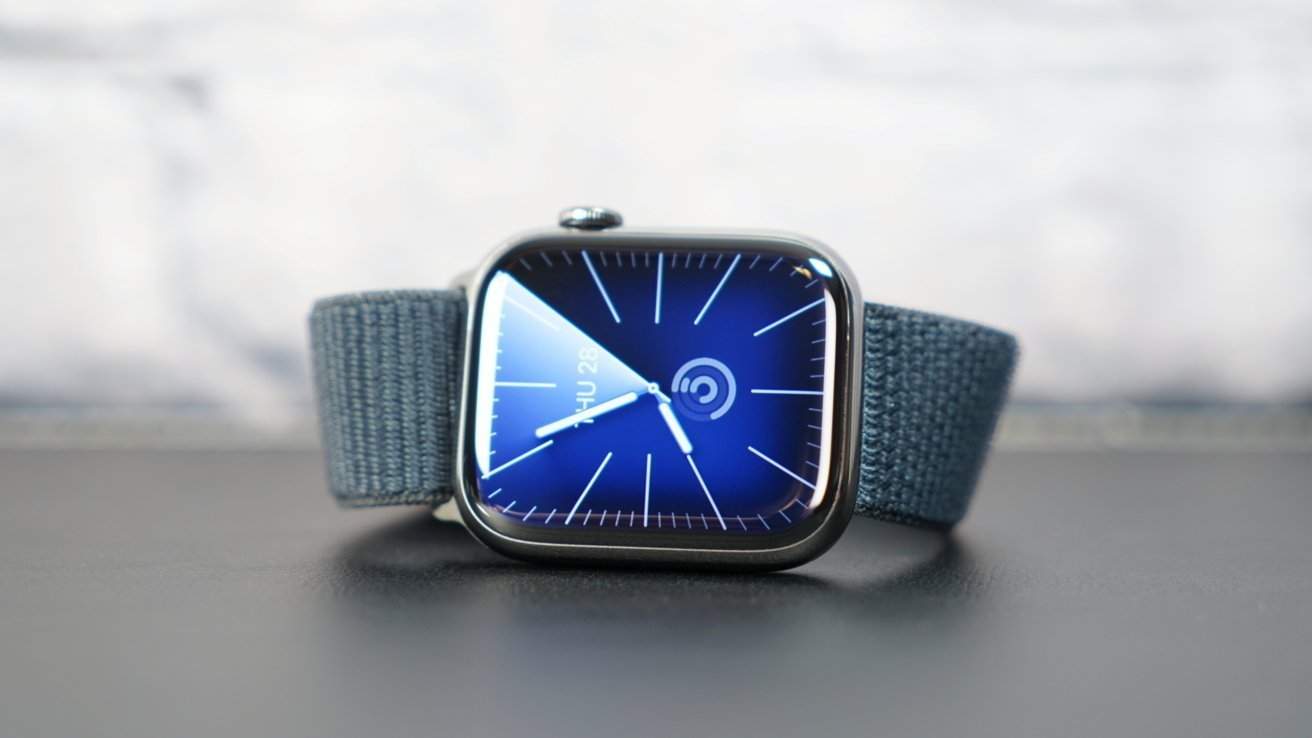A new supply chain rumor claims that Apple will switch to thinner resin-coated copper motherboards for a future Apple Watch, echoing previous reports of the same coming to the iPhone 17.
Resin-coated copper (RCC) is exactly what it says it is — a thin film of copper, coated in resin. It replaces the typically green, grey or black nonconductive bonding sheet material on motherboards. In October 2023, analyst Ming-Chi Kuo said Apple would adopt it for the iPhone because it is thin, light, and has benefits in manufacturing.
And now, according to Digtimes, unspecified sources in the supply chain say that this same RCC technology is to be used in at least one forthcoming Apple Watch model. It's not known whether this will certainly mean the 2024 models, but a major redesign has previously been rumored for the "Apple Watch Series X."
Digitimes is basing this in part on the news that Apple is once again using a firm named Nan Ya PCB for the new Apple Watch. The company is rumored to have previously worked with Apple on other space-saving designs for the Apple Watch.
The switch to a thinner motherboard with RCC is not likely to mean that the overall Apple Watch chassis will be slimmer. Instead, the difference in width will be significant in how much more space it gives within the Apple Watch case for other components.
That would fit with how Apple is regularly reported to be trying to fit a blood pressure monitoring sensor into the Apple Watch. And, there's always a demand for a bigger battery.
Note that Digitimes has a strong track record for its supply chain sources. It has a significantly poorer one for the conclusions it draws about Apple's plans.
One reason to doubt that the thinner motherboard will be used in the 2025 Apple Watch Series X, is that it doesn't fit with analyst Ming-Chi Kuo's previously-reported timescale. While Kuo was speaking only about the use of RCC in the iPhone, he said it would take until the third calendar quarter of 2024 — which is not nearly soon enough for fall products.
According to Kuo, it is expected to take that long to counter RCC's inherent fragility. The analyst expects that it will be used in 2025's iPhone 17 instead.
